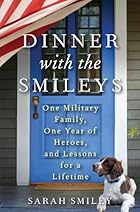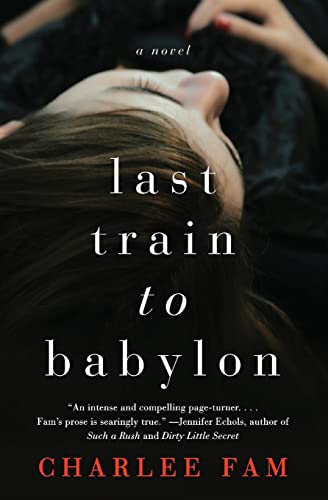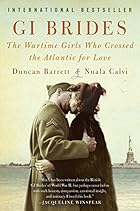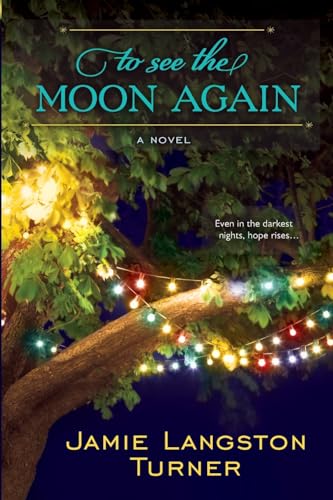When the Smiley family found out that Dustin would be deployed to Afghanistan for a year, they knew that it would not be easy. The three boys were old enough to miss their father and Sarah Smiley was faced with trying to hold her house together while finishing up her degree without her biggest supporter to help her. In order to help the boys adjust to life without their dad for the year, they came up with the idea to share their Sunday dinners with others for the next 52 weeks. Smiley wanted the boys to have local role models, to show them about community, and to be just a little bit distracted from Dustin's absence. The guests they invited ranged the gamut from politicians to local celebrities, from beloved teachers to special neighbors. Most of the dinners took place at the Smiley's home but a few of them involved being at someone else's home or doing things that pushed their boundaries.
The book is not just about the dinners though. It is also about parenting alone while a spouse is on deployment. It's about the way in which the boys reacted to their father's absence. And neither of these latter two things were easy. Smiley details the crying and the despair that overwhelmed her at times. She writes about the boys' frequent misbehavior. In other words, she shows her family warts and all.
Dinner With the Smileys is certainly homey, heartwarming, and honest. But it suffers a bit from the mélange of agendas: the dinners and guests themselves, the life and sacrifices of a military family, or the lessons she and the boys learned from their guests. The beginning of the book spends a lot of time on the guests and the experiences of the Smiley family as they embark on this project but by the end, the guests and the dinners are glossed over too speedily, sometimes dealt with in the span of a single sentence. This imbalance between beginning and end made the experiment feel a bit forced by the time the reader reaches the last page. This was indeed a wonderful premise and a feel-good read but in the end, while I enjoyed reading it, it seemed just a little cursory and ultimately a little less insightful than I would have expected.
Thanks to the publisher for sending me a copy of this book for review.




 This meme is hosted by Sheila at
This meme is hosted by Sheila at  This past week's mailbox arrivals:
This past week's mailbox arrivals:































